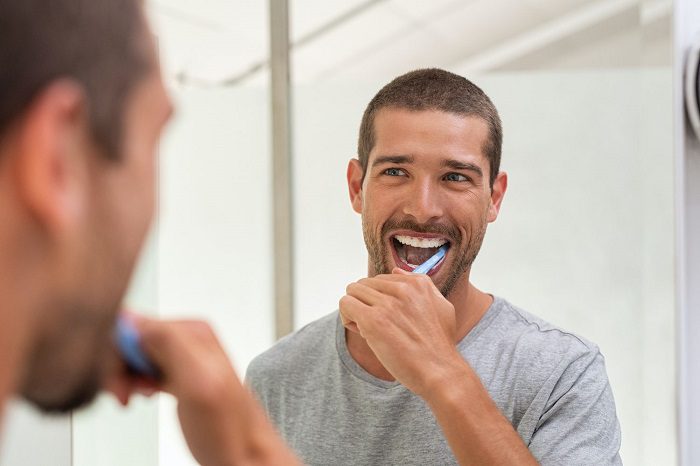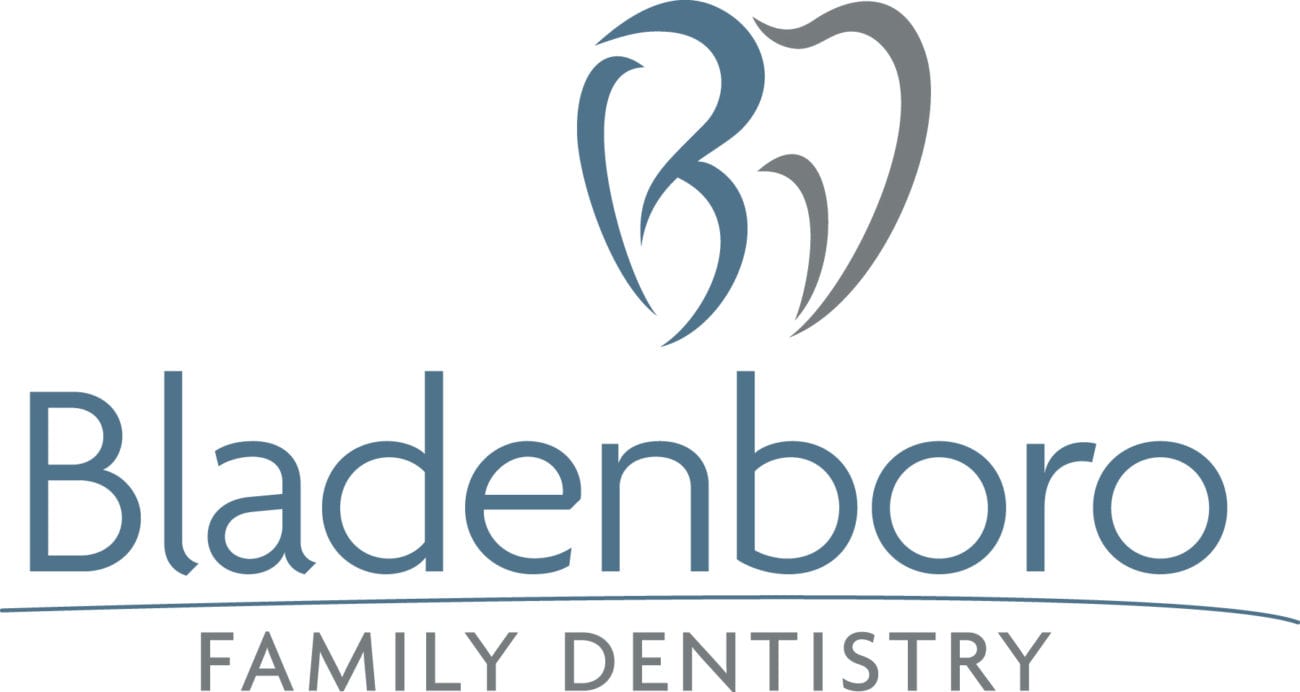Your toothbrush is one of the most crucial tools in your oral hygiene routine. Along with flossing, you brush your teeth to clean away plaque and other harmful residues before they can hurt your dental health. When you run low on toothpaste and floss, you know to purchase new products so that you can continue your regimen.
But did you know you also need to buy a new toothbrush every so often too? Your toothbrush will start to lose its ability to scrub and clean properly over time. So to ensure you maximize your oral hygiene, you need to obtain a newer, fresher product. Read on to learn more about the importance of replacing your toothbrush periodically.

What Happens to a Toothbrush Over Time?
Your toothbrush features bristles attached to one end of a plastic handle. These bristles start off firm and able to easily scrub away stubborn residues on your teeth. But they will wear down and fray over time, losing their ability to properly clean your mouth.
This could leave harmful particles on your smile that will hurt your dental structure and put you in danger of gum disease, cavities, and other dental problems. The toothbrush will also collect germs from your mouth and its surroundings where stored. It will collect bacteria and toxins even though you rinse the brush before, during, and after your oral hygiene routine.
So you must get rid of your old toothbrush after a while and buy a new one in order to avoid getting sick. Covering the head of the brush will not fix the problem. Instead, it will encourage the breeding of mold and bacteria, worsening the issue.
How Often Should I Replace My Toothbrush?
The average dental patient should buy a new toothbrush every three to four months. At this point, bristles begin to fray, and you can no longer rely on this tool to get your teeth as clean as they need to be. Electric toothbrushes use shorter bristles, so you will need to replace these heads more often, usually every 12 weeks.
If you see bristles wearing down prior to this period, replace your toothbrush sooner. You will also need to buy a new toothbrush if you or another member of your household gets sick. Toss all toothbrushes in the house if this occurs to stop the spread of illness.
What Happens If I Use an Old Toothbrush?
Did you forget to buy a new toothbrush? Or were you thinking it would not be a big deal to continue using your worn-out toothbrush? Brushing with frayed bristles may mean that residues will linger on your smile and cause severe damage to your teeth and gums.
Use appropriate equipment during your oral hygiene regimen to get the most out of preventative oral health care. Find oral hygiene tips and more when you call your dentist. Avoid severe dental problems and irreversible aesthetic and structural concerns with your smile with good oral hygiene.
